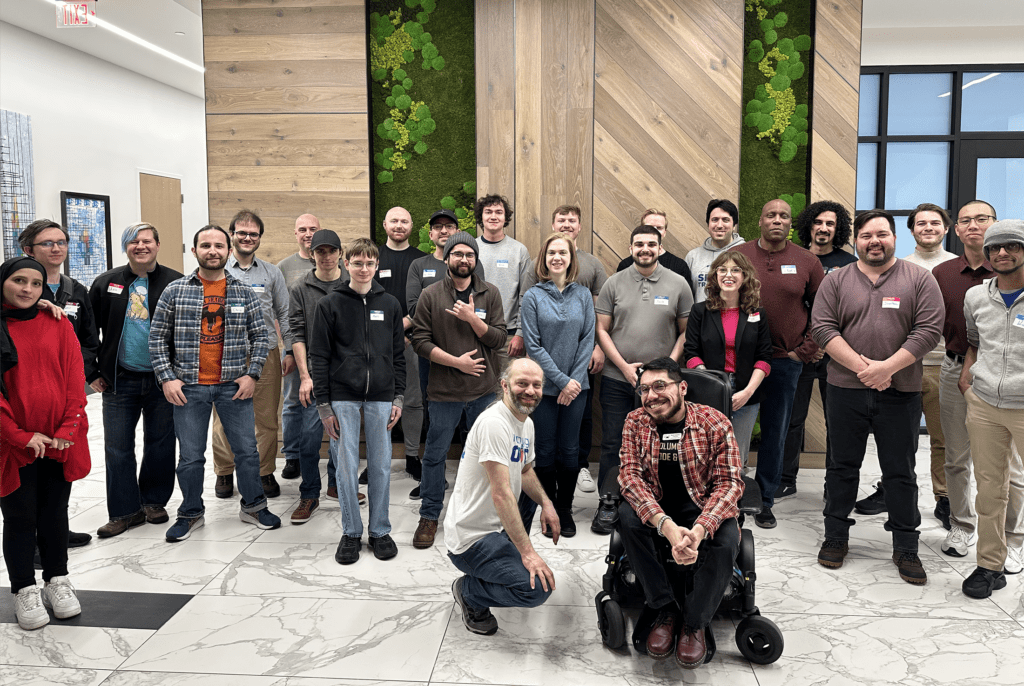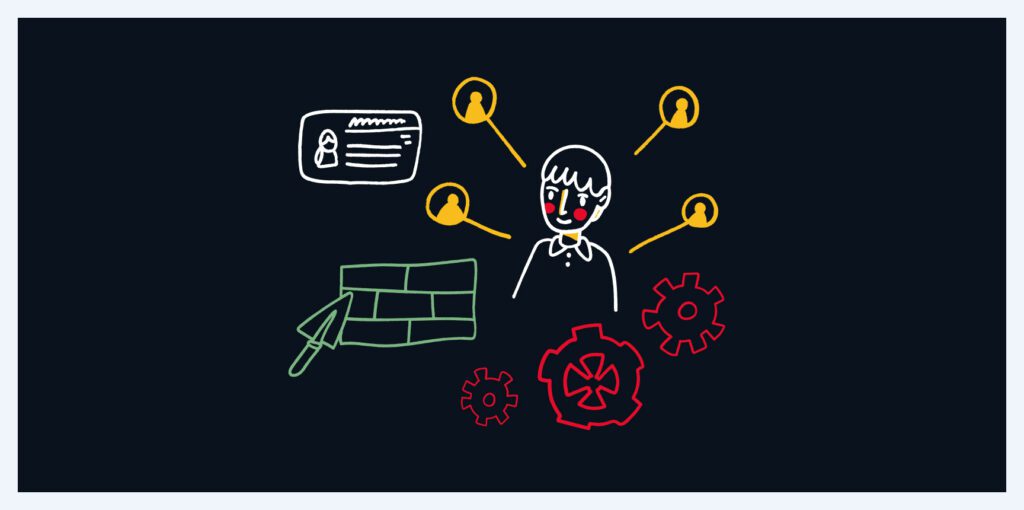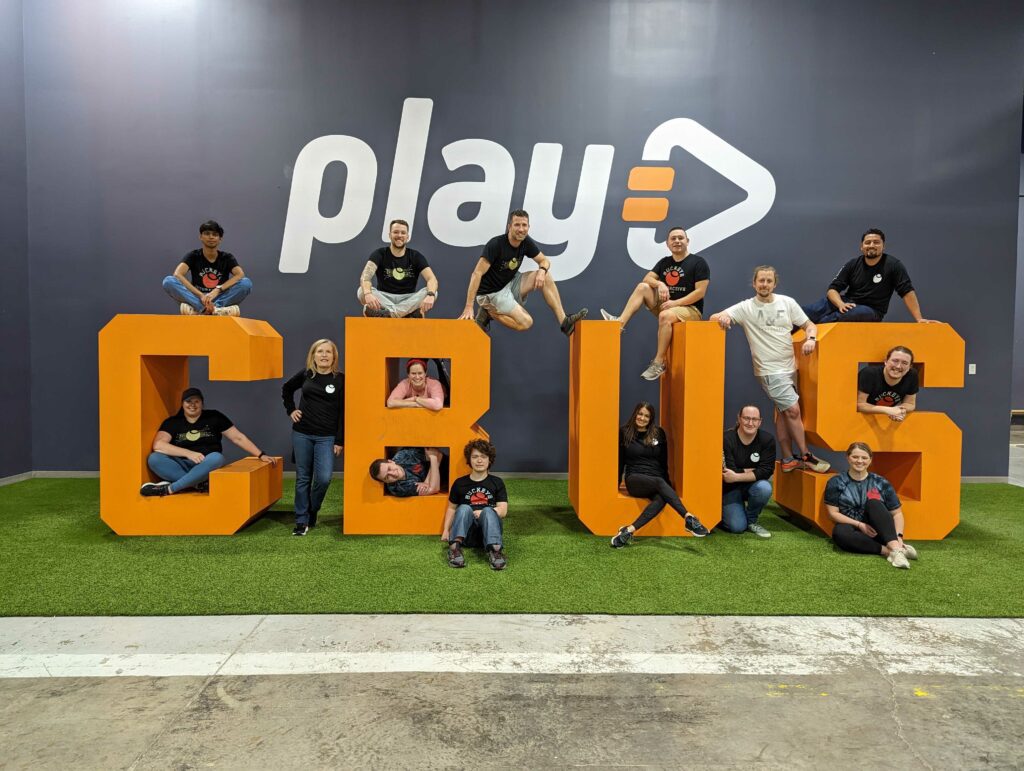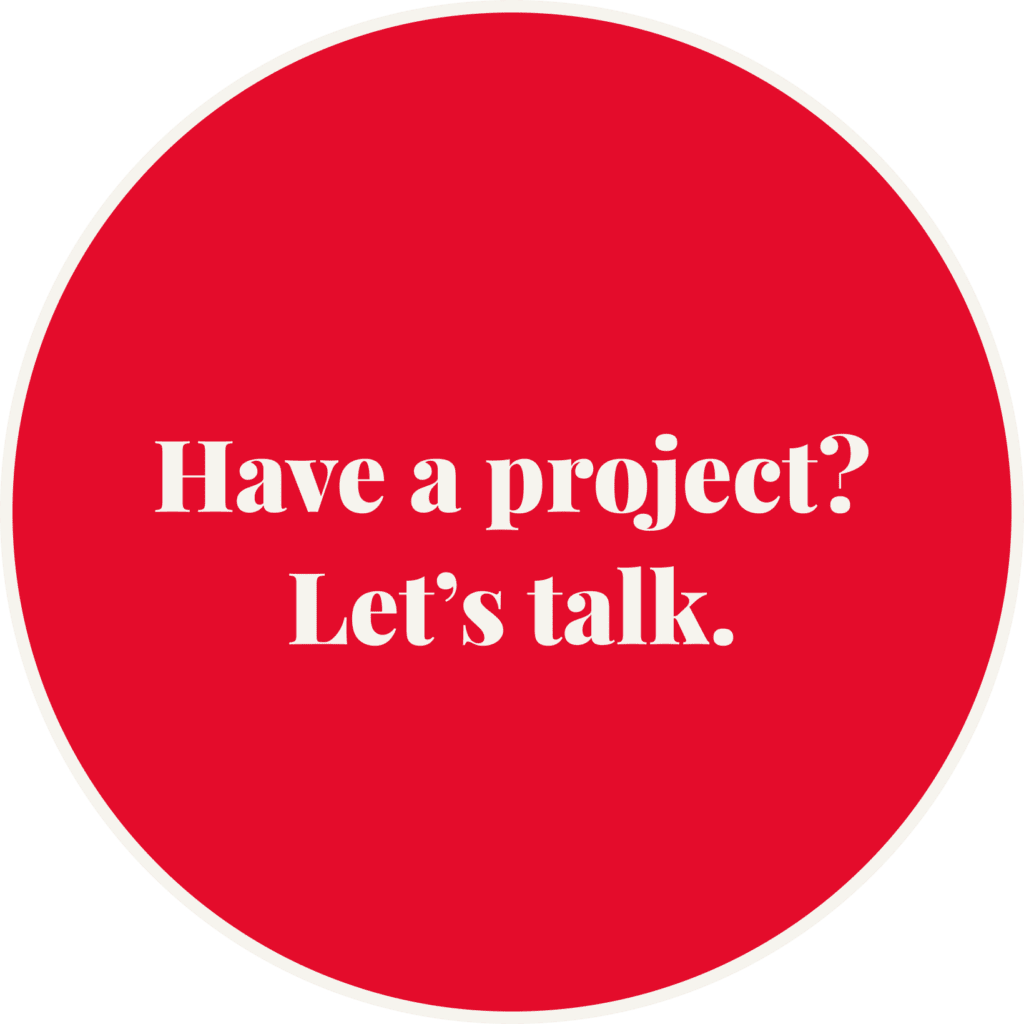2021 was a pretty big year for tech. We saw a privately-held company send civilians into space. Thousands of pounds of garbage were removed from the Pacific garbage patch by climate activists. And health and science innovators moved at speeds never before seen in history in an effort to vaccinate the global population against COVID-19.
Being a tech company, we’ve been excited to watch–and help–our fellow innovators and entrepreneurs break ground in new spaces, both on the web and in other fields. We can’t wait to see what comes next. But in the meantime, as we close out 2021, we thought we’d share with you a few noteworthy tech moments from the past year.
Hope for cleaner oceans
We’d all like to leave this world a little better than we found it. But the “how” part has been arguably bleak. With a garbage patch literally the size of Texas floating in the Pacific Ocean, it’s an overwhelming task to even contemplate. But this year, one nonprofit stepped up, renewing our hope in a better, cleaner future to pass on to the next generation.
In October, a crew with The Ocean Cleanup, a nonprofit based in the Netherlands, returned to shore after spending 12 weeks testing their experimental trash collection system. While out, the device, dubbed “Jenny,” successfully collected over 28,000 kgs of trash from the ocean. Their goal is to remove 90% of the world’s trash from the oceans by 2040. And with this exciting breakthrough, we think they can do it.
Buying sustainable products with ease
Again, we want to leave this world a better place. And that includes the type of products we buy and how sustainable and eco-friendly they are. But sometimes, finding those products can be difficult. It takes a lot of research on brands, reading through product descriptions, and making a conscious effort every time you’re on the market for something new.
But now there’s an easier way to shop. This year, a new Chrome extension was released that actually sorts Amazon products by how eco-friendly they are. Called “Finch,” this extension can be applied to the top 40 product categories on Amazon, where it ranks, evaluates, and sorts thousands of products based on sustainability. All this to make it easier for us to be more conscious about our consumption.
The only catch: there is a wait list to get the extension. Still, we’re excited, and can’t wait until it opens up to everyone. We’re ready to feel a little less guilty about those Amazon impulse purchases.
Take a break
We love social media. Really, we do. It’s a great, easy way to keep in touch with family and friends. However, we say this with the understanding that it needs to be used responsibly–by both the users, and by the companies who run the platforms. It’s undeniable that social media use has an impact on mental health, specifically in youth.
That’s why we were intrigued when we heard about the “take a break” feature Instagram recently rolled out. This feature, geared specifically towards teenagers, will alert users if they’ve been on the app too long. They can set a timer for when they want to be alerted to take a break. The app will even suggest alternative activities, like listening to music or journaling.
There’s definitely room for improvement, but we’re optimistic. It’s a step in the right direction to a healthier balance between social media and real life. As more is coming out about what’s been happening behind the scenes at these companies, it’ll be interesting to see what other kinds of features are added across social media platforms to help protect our privacy and our mental well-being.
Saving the planet…from asteroids
If you’ve ever seen Armageddon, you probably can’t help but look up at the sky every once in a while and imagine an asteroid hurtling towards the planet, set on destruction.
No? Just us? Okay.
Anyway, like something out of a sci-fi movie, NASA and SpaceX teamed up this year to try and solve the problem before it actually happens. The project, known as Double Asteroid Redirection Test (DART), is “a planetary defense-driven test of technologies for preventing an impact of Earth by a hazardous asteroid.”
Yes, you read that right. Scientists are trying to figure out how to redirect asteroids away from Earth before they get close enough to actually be a threat to the planet. We don’t know about you, but we feel safer already.







